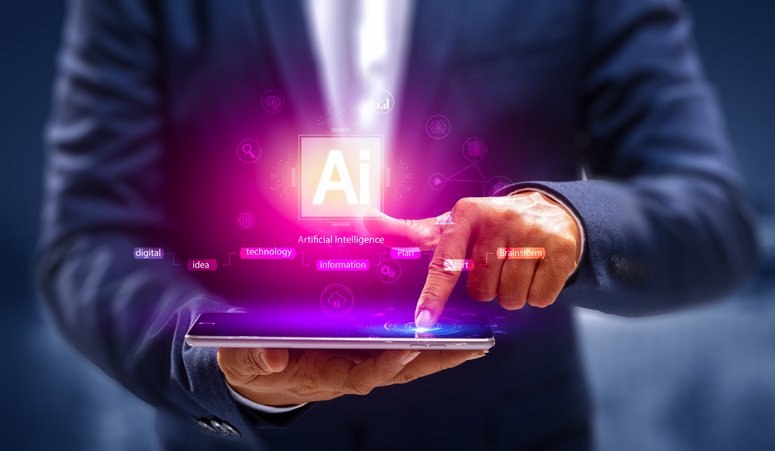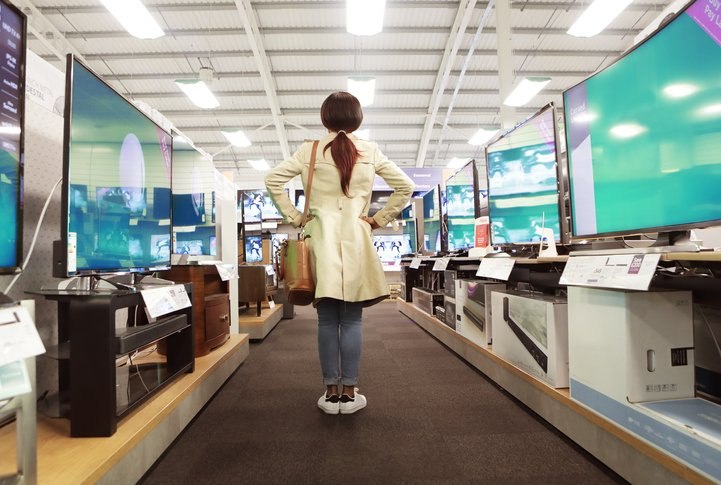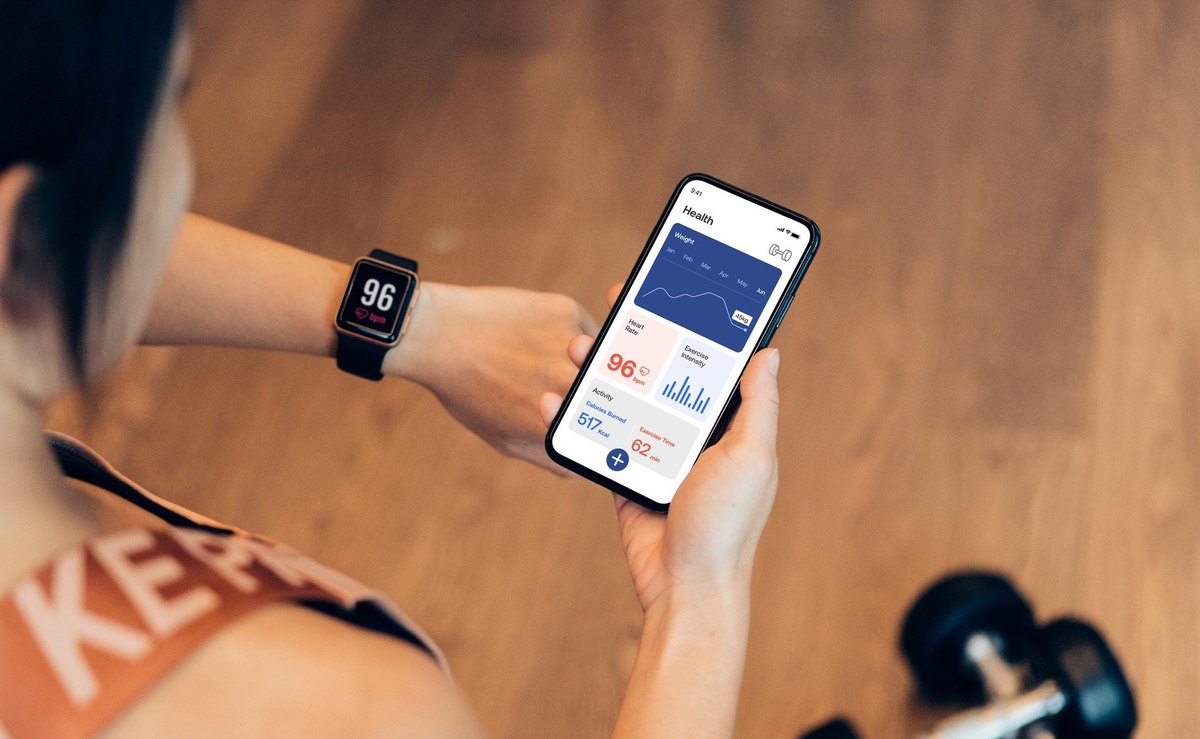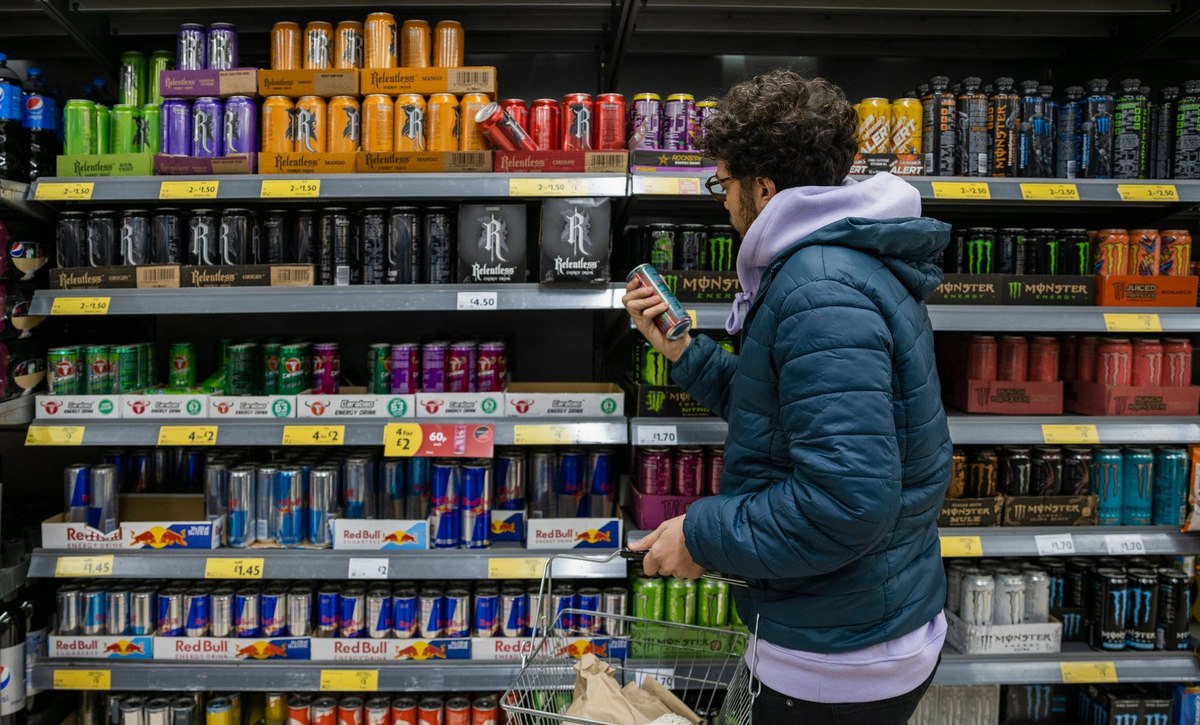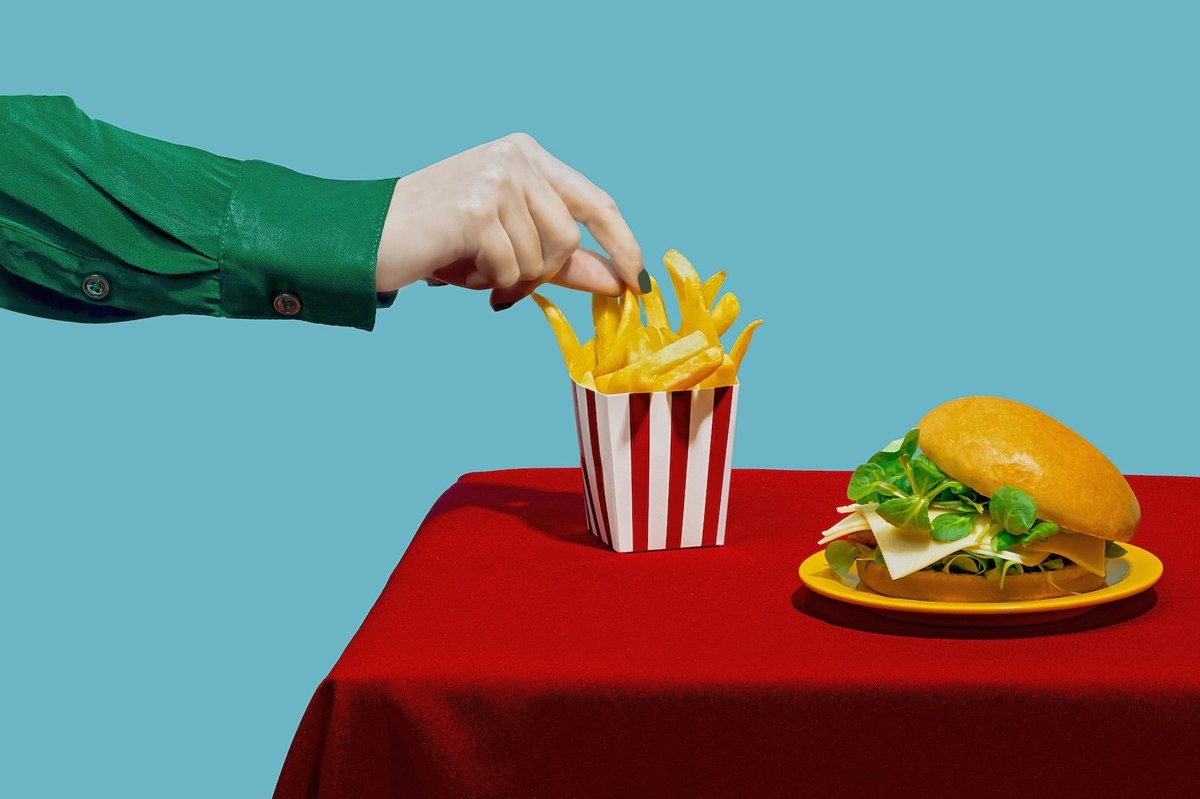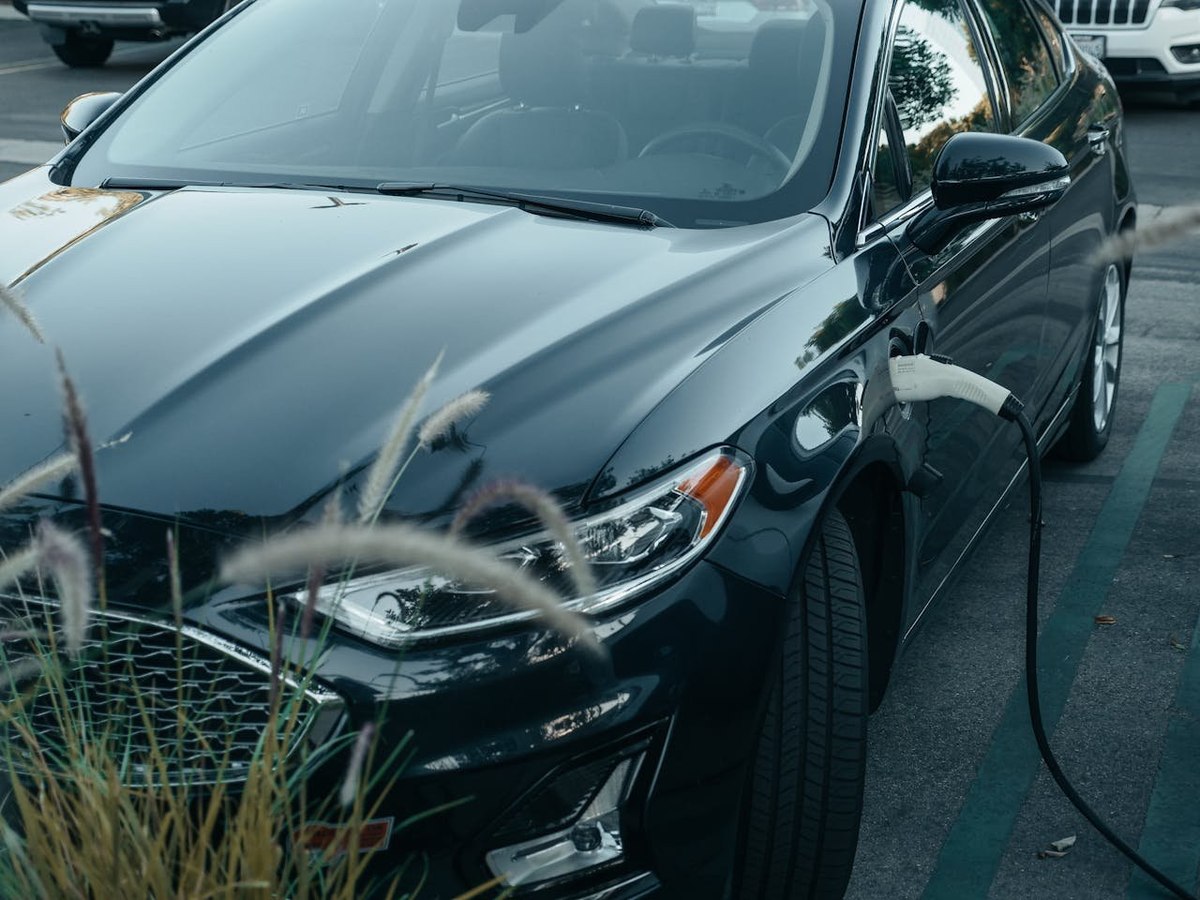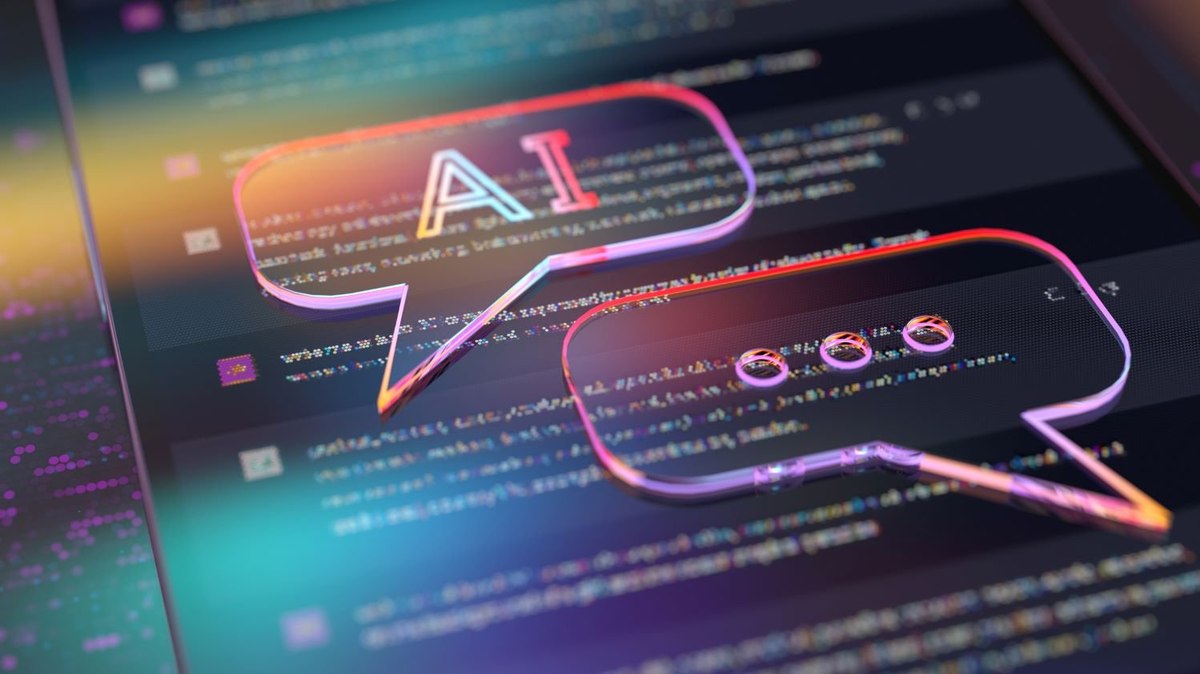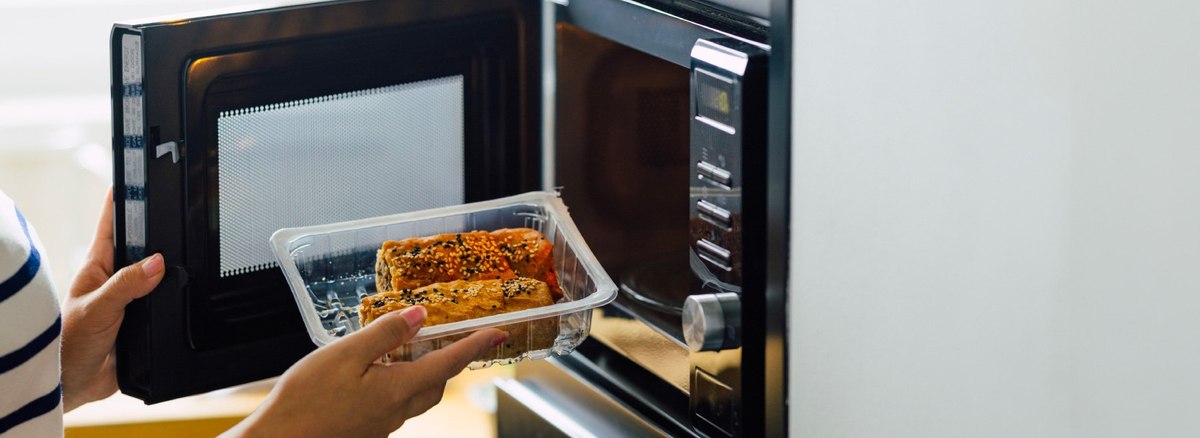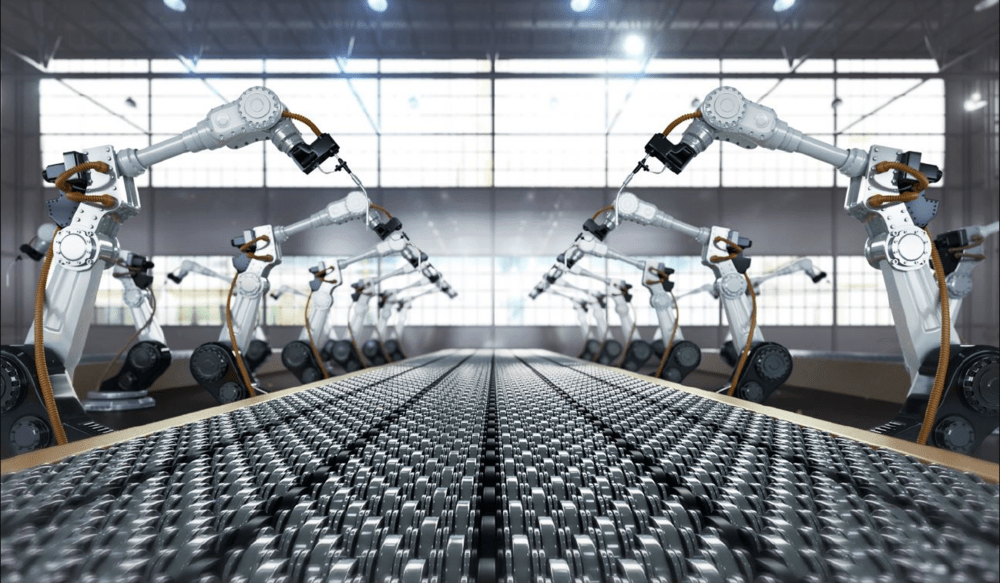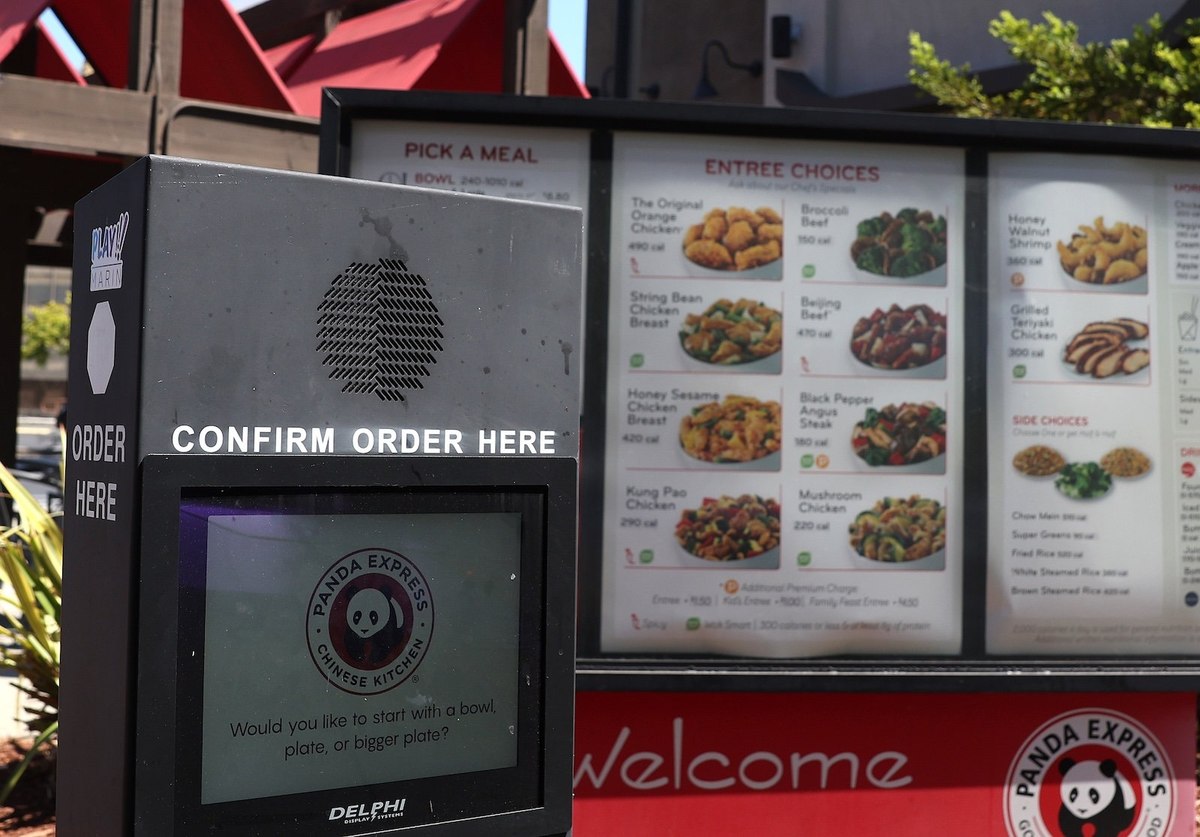
America doesn’t want AI chatbots in their drive-thrus, but they may change their minds
Fast food chains are doubling down on AI technology, but consumers aren’t convinced. Just after McDonald’s pulled the plug on its AI drive-thru experiment, Taco Bell announced a major expansion of chatbot-powered ordering. But while the fast-food industry continues testing AI solutions, American consumers remain largely skeptical about the role of artificial intelligence in their drive-thru experience.
AI chatbots at drive-thrus? No thanks.
A significant share of Americans rely on drive-thrus for their fast-food fix. More than half (53%) of consumers say they use the drive-thru most or all of the time when purchasing fast food. Women are particularly likely to prefer drive-thrus, with 22% saying they always use them compared to just 14% of men.
Despite the widespread use of drive-thrus, AI-powered ordering hasn’t won over the public. When given the choice, only 4% of Americans say they would prefer ordering from an AI chatbot at a drive-thru rather than speaking with a human or using an app. The majority of consumers—55%—prefer a human order-taker, while 20% prefer ordering online and picking up at the drive-thru. Another 21% say they have no preference.
Even though younger consumers (under 35) are slightly more open to AI chatbots, with 6% saying they’d prefer them, enthusiasm remains extremely low compared to other ordering options. Among those over 55, only 1% would choose an AI chatbot over a human or an app.
Why don’t consumers want AI chatbots?
The biggest reason people reject chatbot order-takers is concern over human job replacement. Of respondents who would not prefer to order from a chatbot, half (51%) cited this as a major drawback, followed by the lack of human interaction (47%) and the annoyance of dealing with AI (38%). A third (33%) also worry that chatbots are likely to make mistakes with their orders. Additionally, 19% believe that other ordering options are simply better.
Among older consumers, who we know are especially resistant to AI chatbots, 45% say interacting with chatbots is simply annoying, compared to 26% of consumers aged 18-34.
While overall sentiment is against AI chatbots, experience using them may soften Americans’ opinions. Among consumers who have used an AI drive-thru chatbot before, 14% say they would prefer ordering from one - still a minority, but significantly higher than the 2% of people who have never tried it. Those with AI experience are less likely to cite job replacement or lack of human interaction as their main concerns. Instead, they worry more about AI making mistakes with their orders. Among those who have used AI chatbots, the most common concern (39%) is that they are likely to make mistakes. Meanwhile, concerns about lack of human interaction drop from 47% overall to just 27% among those who have tried AI ordering. It looks like many people will not miss humans when they are gone from the drive-thru.
AI in the drive-thru: inevitable progress?
Despite resistance, AI chatbots are unlikely to disappear from fast-food drive-thrus. The potential cost savings and efficiency benefits for restaurant chains remain enticing, and as AI chatbots become more sophisticated, consumers may eventually become more accepting of the technology. For now, the message from consumers is clear: people still prefer people. But just like with self-checkouts and digital kiosks, widespread adoption may eventually shift public opinion.
YouGov Surveys: Serviced provide quick survey results from nationally representative or targeted audiences in multiple markets. This study was conducted online on between December 23, 2024 and January 1, 2025, with a nationally representative sample of 1203 adults (aged 18+ years) in the US, using a questionnaire designed by YouGov. Data figures have been weighted by age, race, gender, education, and region to be representative of all adults in the US (18 years or older), and reflect the latest population estimates from the Census Bureau’s American Community Survey. Learn more about YouGov Surveys: Serviced.
